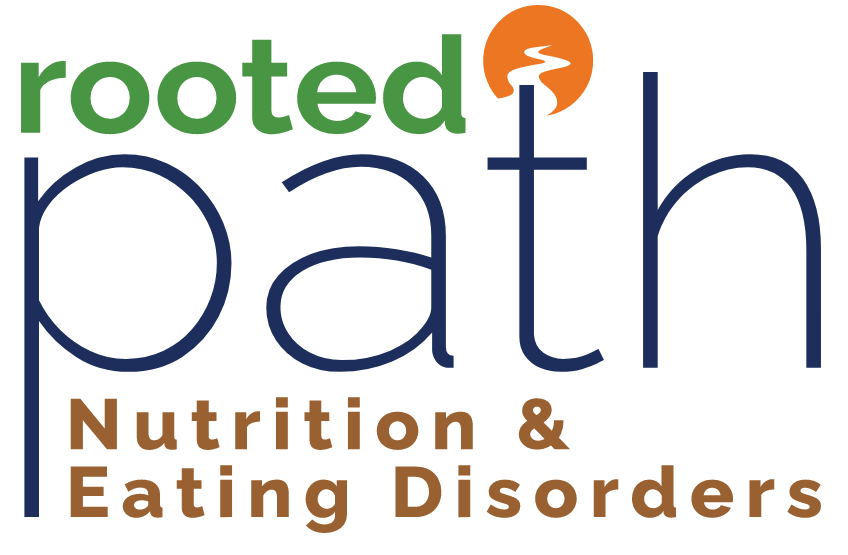Orthorexia Nervosa
In this disorder, eating exclusively what one perceives to be “healthy” interferes with one’s social life and can negatively impact their physical and/or psychological health. Orthorexia often starts out with a desire to improve health, but can develop into obsessive fixation on eating patterns and exercise regimens.
Orthorexia is characterized by:
- An extreme focus on “clean” or “healthy” eating.
- Extensive time spent meal planning/prepping food.
- Obsession with checking nutrition labels and ingredient lists.
- Intense feelings of shame or guilt for eating foods deemed “unhealthy.”
- Foregoing eating if safe foods are unavailable.
- Rules about healthy eating impact other aspects in life such as relationships, finances, occupation, and/or sleep.
- Potential physical symptoms common in other eating disorders such as weight loss, cold intolerance, hair loss, GI issues, etc.
How we can help with Orthorexia Nervosa:
- Give direction regarding balanced nutrition and lifestyle that is specific to you
- Provide a safe, non-judgmental environment for exploring recovery
- Help reduce food fears and work toward mindful and intuitive eating
- Give direction for nutrition replenishment
- Provide guidance/recommendation if a higher level of care is warranted
- Work with other members of your healthcare team to help develop and apply coping skills that support your recovery
Anorexia Nervosa
Bulimia Nervosa
Binge Eating Disorder
Avoidant Restrictive Food Intake Disorder
Other Specified Feeding & Eating Disorder
Orthorexia Nervosa
Compulsive Exercise
Disordered Eating
Body Image Disturbance
Co-Occurring Conditions
